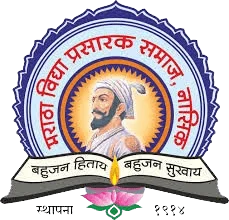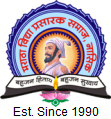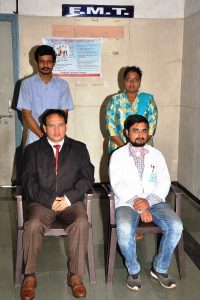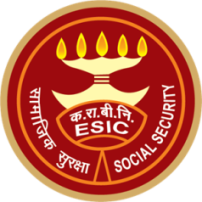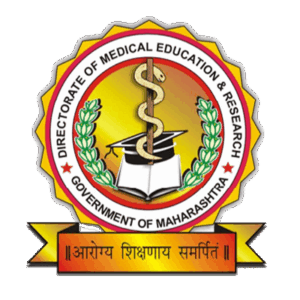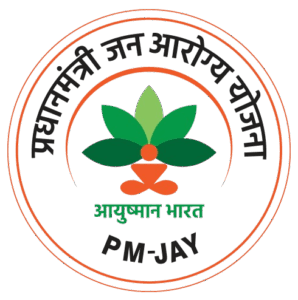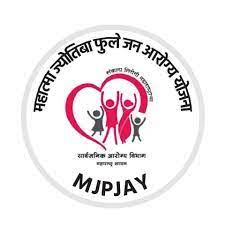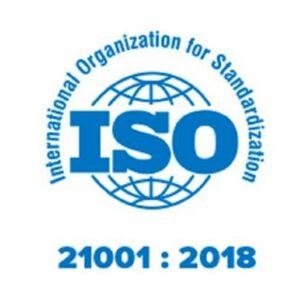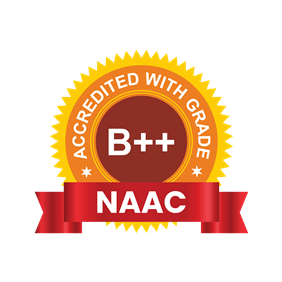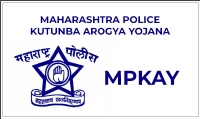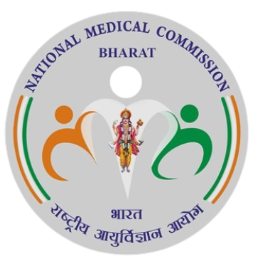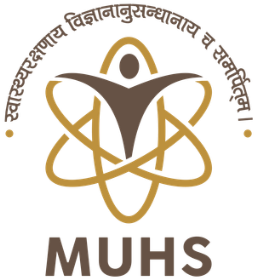Goal
The broad goal of teaching undergraduate students Forensic Medicine is to produce a Physician who is well informed about Medico-legal responsibilities during his/her practice of Medicine. He /She will also be capable of making observations and inferring conclusions by logical deductions to set enquiries on the right track in criminal matters and associated medico-legal problems. He /Sheacquire knowledge of law in relations to Medical practice, Medical negligence and respect for codes of Medical ethics.
Educational objectives
(A) Knowledge
- At the end of the course, the students shall be able to identify the basic Medico-legal aspects of hospital and general practice.
- Define the Medico-legal responsibilities of a general physician while rendering community service either in rural primary health center or an urban health center
- Appreciate the physician’s responsibilities in criminal matters and respect for the codes of Medical ethics
- Diagnose,manage and identify also legal aspect of common acute and chronic poisonings.
- Describe the Medico legal aspects and findings of postmortem examination in cases of death due to common unnatural conditions and poisonings
- Detect occupational and environmental poisoning , prevention and epidemiology of common poisoning and their legal aspect particularly pertaining to workmen’s compression act
- Describe the principles of analytical toxicology.
At the end of course, the student shall be able to
- Make observations and logical inferences in order to initiates enquiries in criminal matters and Medico legal problems.
- To able to carry out proper Medico-legal examination and documentation / Reporting injury and Age.
- To able to conduct examination for sexual offences and intoxication.
- To able to preserve relevant ancillary materials for medico legal examination.
- To be able to identify important post –mortem findings in common unnatural deaths
- To be able to preserve relevant ancillary material for Medico- legal examination.
- Diagnose and treat common emergencies in poisoning and chronic toxicity.
- Make observations and interpret findings at post –mortem examination
- Observe the principles of medical ethics in the practice of his profession.
